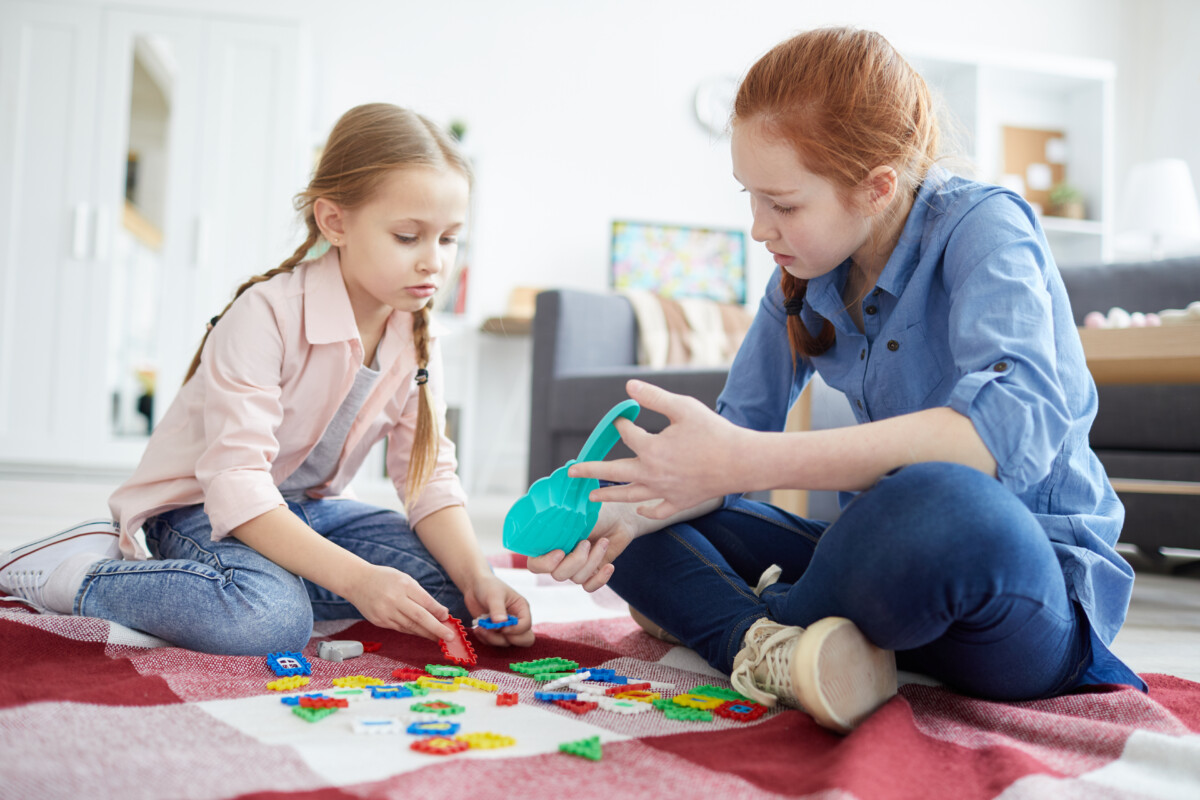When is it safe to leave your child home alone?

Many parents struggle deciding at what age to leave their children home alone. In Indiana, there isn’t a specific legal age for this, so it’s up to parents to decide. It would be easy if there were a set age for staying home alone, but not all 12 year-olds, for example, are equally mature. How old does a child have to be before he/she can stay home alone? – IN.gov
Another major factor in the “home alone” decision is whether or not your child will be expected to take care of younger siblings. A child who is fine alone may not necessarily be up to the task of taking care of a younger brother or sister.
Before parents whether or not their child can stay home alone, they need to make sure their child has some basic survival skills. These include knowing:
- When and how to call emergency services.
- How to use the stove and/or microwave.
- What to do in the case of a fire, including memorizing an escape route from each room of the house.
- What to do if they come home alone and the house appears to have been broken into.
- What to do if a stranger comes to the door or calls and asks for information about who is home, etc.
- Basic first aid for injuries involving bleeding, burns, bruises, etc.
Another factor to take into consideration is how the child feels about staying home alone. Some children aren’t comfortable with it and will say so. Others may appear to be ok with the idea, but turn out to be too afraid to actually do it. This is children new to staying home alone should only be left for a short time to begin with.
An hour or two is the longest time a child should be left alone the first day they try it. They should be left with a reliable means of communication and someone should be ready to come home right away if the child feels overwhelmed.
Parents who have a strong need to leave their child alone (for financial or work-related reasons) should remember that feeling safe is not something a child can be “talked into”. If they don’t feel safe, try to address their concerns. If they are still afraid, perhaps they are simply too young to be left alone.
Not only is every child different, but so is every home. Before any home is safe enough for a child to stay home alone, all medications, guns and alcohol should be firmly secured in a childproof location.
Parents should also ask themselves if their home is in a safe location. In any neighborhood, it’s helpful to have a friend or neighbor who can keep an eye on things from a short distance. This leaves someone to help out if something unexpected comes up.
Regardless of the age when parents decide to leave their children at home, parents and children need to establish a clear set of rules before trying it for the first time.
Rules for children can include some or all of the following:
- What appliances and electronics the children are allowed to use.
- Whether or not they are allowed to leave the house. If they are, where are they allowed to go, and with whom.
- Whether or not they are allowed to have friends come visit. If so, which friends are welcome.
- Whether or not they are allowed to order any meal delivery or shop online.
- What chores they have to do while their parents are gone.
- What they are allowed to post on social media while staying home alone.
Rules for parents can include:
- Under what circumstances do they promise to come home if their child calls and requests it.
- The maximum length of time they will be gone.
- Whether or not they will ever be gone overnight (This should only apply when older teenagers are involved.).
If parents are going to use electronic means to monitor their children, they should be completely transparent about this. It’s important to let their children know their parents are doing this out of a desire to keep them safe, not because they don’t trust them.
